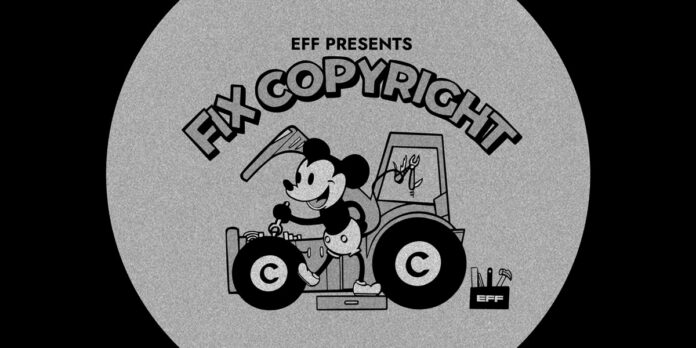The Supreme Court of the United States is at the center of a crucial debate that could change Internet access as we know it. In the recent case involving music companies against Cox Communications, the liability of Internet service providers (ISPs) regarding copyright infringement allegations is discussed. What is at stake is the possibility that ISPs may have to limit or cancel their users' internet access based solely on accusations, which would affect thousands of people who depend on connectivity in their daily lives.
The Electronic Frontier Foundation (EFF), together with other organizations, has expressed its concern through an amicus brief, urging the Court to overturn the decision of the United States Court of Appeals for the Fourth Circuit. According to the EFF, if this decision is upheld, it would turn ISPs into "copyright police", obligated to take action against users accused of infringements, also affecting those who share their connection, such as families, schools, and businesses.
The dilemma arose when music companies held Cox Communications responsible for the actions of its subscribers, establishing a precedent in which the mere fact of offering a service that could be used for infringement was a basis for liability. This interpretation expands secondary liability in a troubling way, since, unlike patent laws, where it is clearly defined when a product is infringing, internet access is primarily used for legal purposes.
In the presented document, EFF suggests adopting an approach similar to patent law, limiting secondary liability solely to cases where the service is explicitly designed for infringements and has no legal uses. The current regulation could entail serious consequences, ranging from interruptions in access to critical services to the difficulty of reconnecting for many Americans, especially in areas with limited access to broadband providers.
Access to the Internet, essential for education, employment and health, could be compromised if adequate measures are not taken. The EFF urges the Supreme Court to reject the current 'material contribution' standard and to strengthen the use of patent law as a framework for copyright, ensuring that these rights serve the public good and do not limit access to the Internet.
The Court's decision could redefine copyright protection in the digital era, as the nation closely watches the development of a case that will not only affect the technology industry, but also millions of users in their daily lives.



